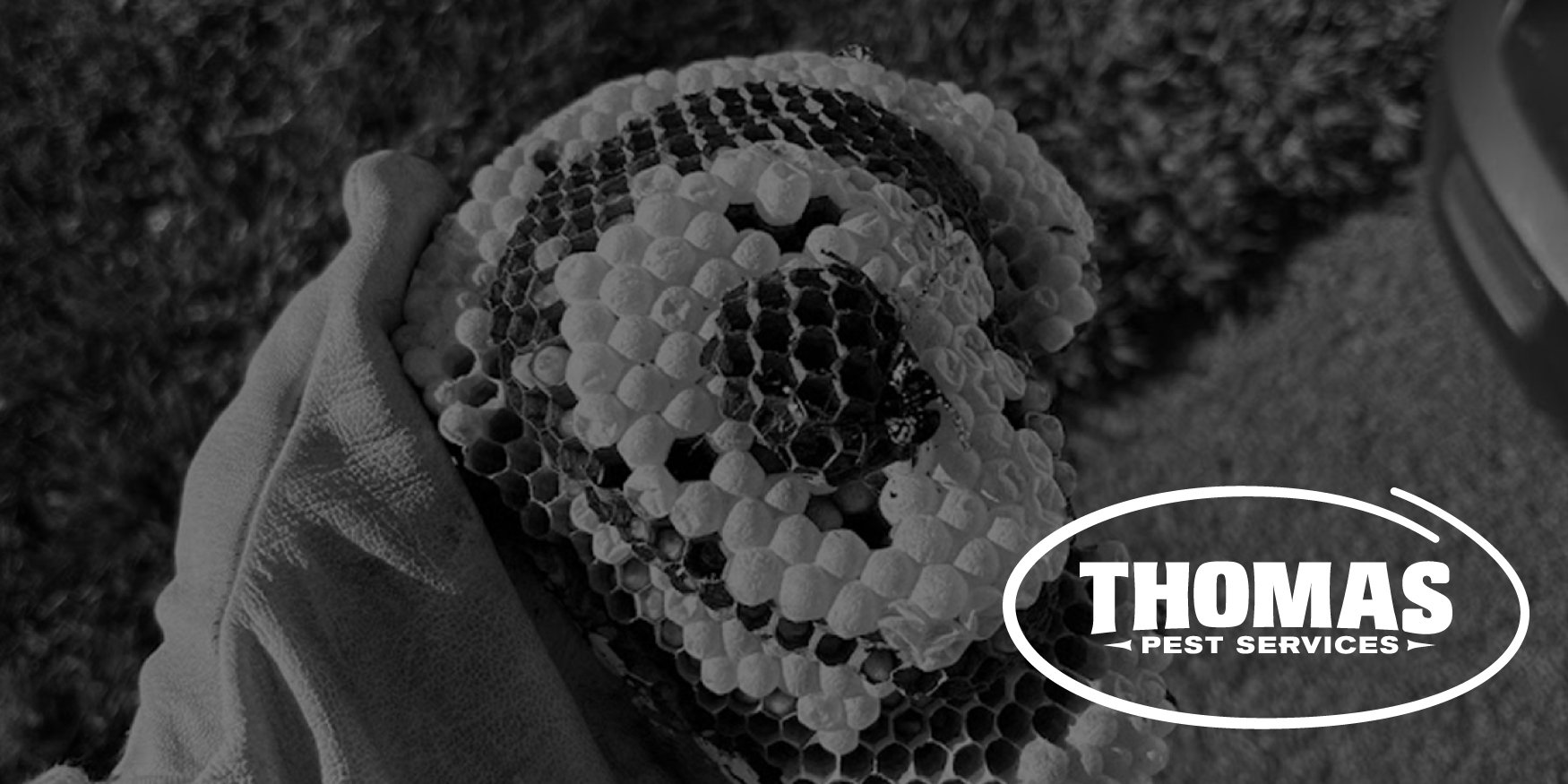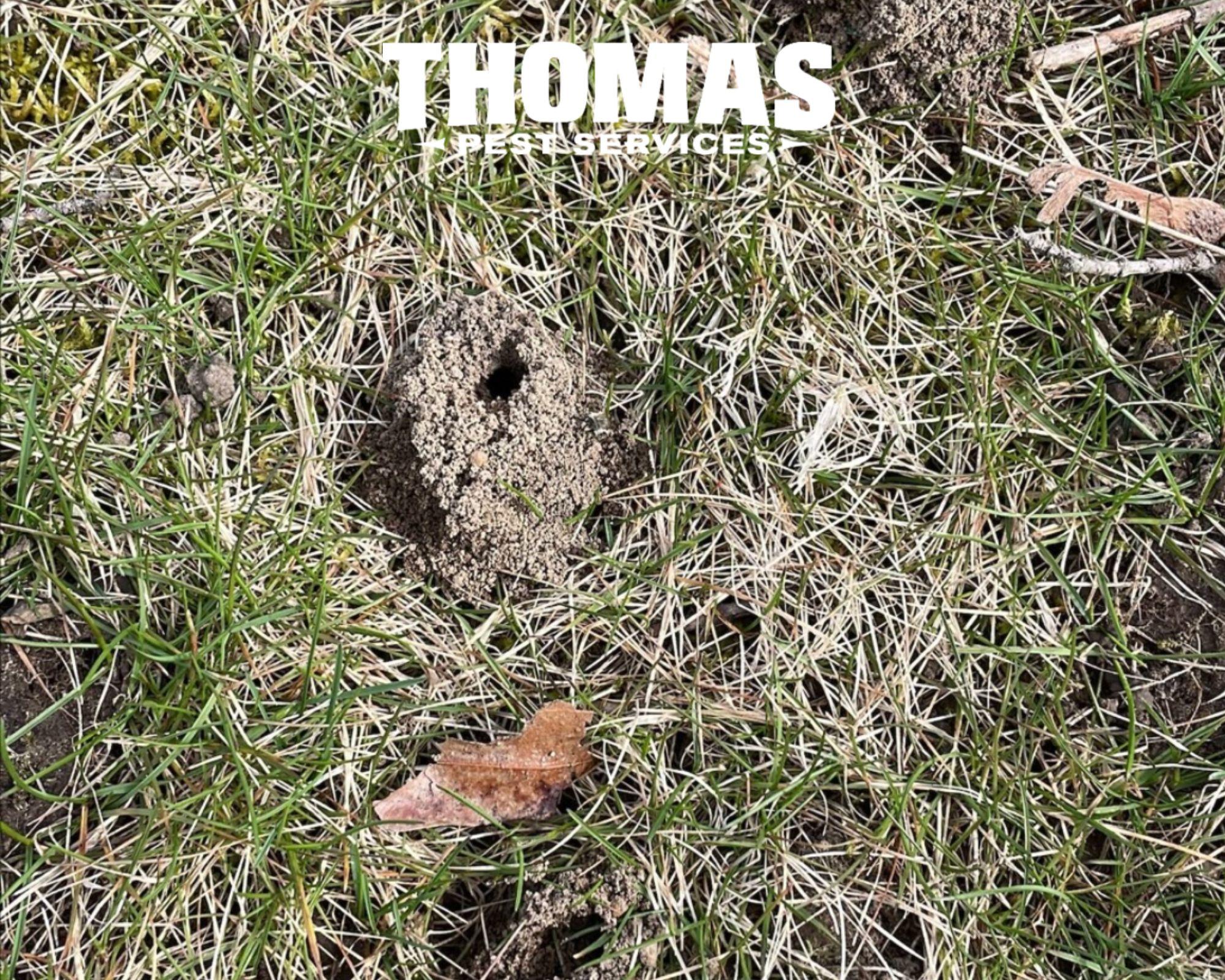Tick Season Coming Earlier
A new study by local Hudson Valley researchers suggests Lyme Disease Awareness Month may need to be moved from May to April according to The Poughkeepsie Journal.
The study found that warmer spring temperatures are shifting when the black-legged ticks that carry Lyme disease and other pathogens emerge from dormancy in the Northeast.
The study, led by researchers based at the Cary Institute of Ecosystem Studies in Millbrook, was published this week in the international scientific journal, Philosophical Transactions of the Royal Society B.
Scientists based their conclusions upon an examination of more than 53,000 mice, 12,000 chipmunks, 403,000 larval ticks and 44,000 nymphal ticks collected over 19 years in the Cary Institute's forests.
The study identified:
- A tick draws blood three times during a full lifespan — as a baby (larval), adolescent (nymph) and adult.
- The risk to humans is greatest from nymphal ticks because larval ticks cannot receive Lyme disease from their mother — they can only acquire it on the first blood meal — and because nymphs are much harder to spot than adults.
- It can take 16 or more hours for an embedded tick to transmit the disease, nymphs have a better chance of doing that because they often go unnoticed.
- Nymphs peak in the spring and larvae in the summer.
- "Nearly two decades of data revealed climate warming trends correlated with earlier spring feeding by nymphal ticks, sometimes by as much as three weeks," said Richard Ostfeld, a disease ecologist at the Cary Institute and a co-author of the study.
- Levi said warmer temperatures are more worrisome for colder regions of the country. That's because in places where it's colder and growing seasons are shorter, the dates when baby and adolescent ticks emerge are closer together, or even at the same time. When that's the case, the Lyme-free babies have less chance of picking up the pathogen than in places like the Northeast, where they emerge months after the adolescent ticks began infecting people and animals.
Living in and around the Capital Region it is inevitable you will come across ticks. Unfortunately, keeping these insects away from your property is nearly impossible, but our pest management services can help. With simple tick precautions you can potentially avoid encounters with ticks, deer and Lyme Disease. Thomas Pest Services, your Ballston Spa pest control experts can help reduce you and your families’ risk. If you live in Clifton Park or elsewhere in the Capital Region and need assistance getting rid of ticks , fill out our contact form today!




